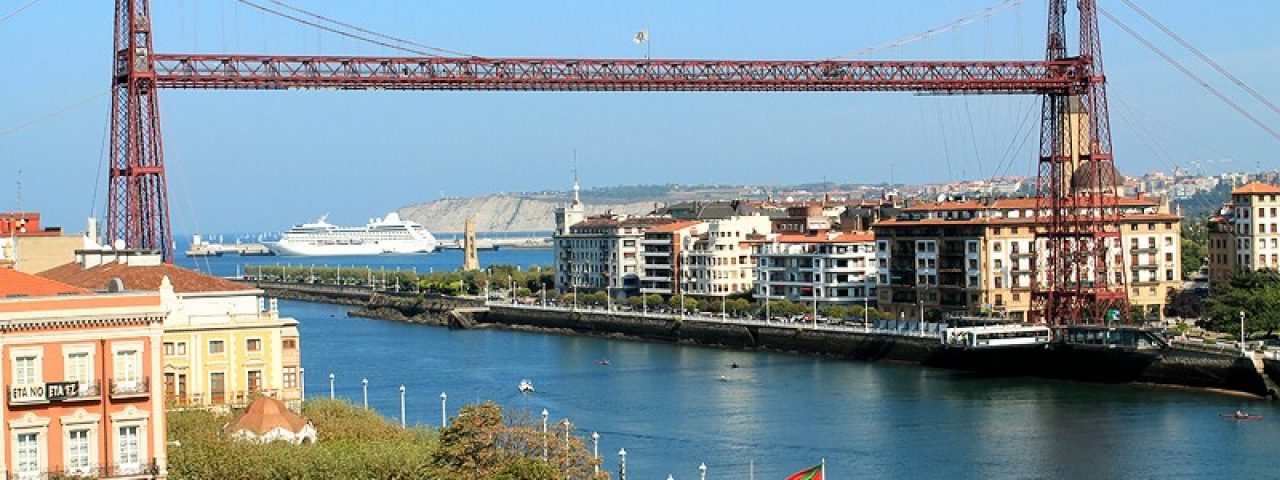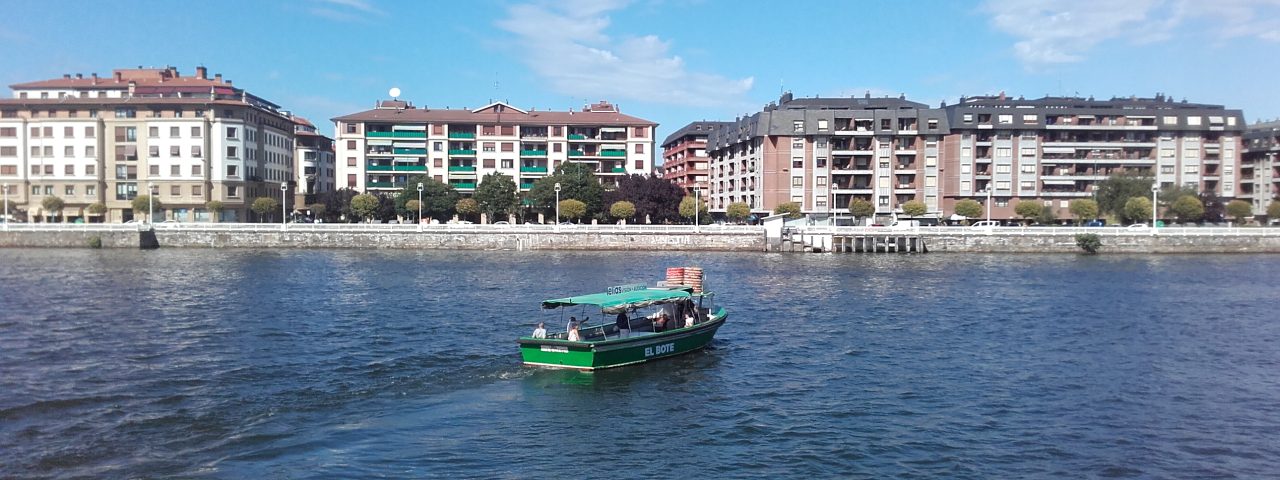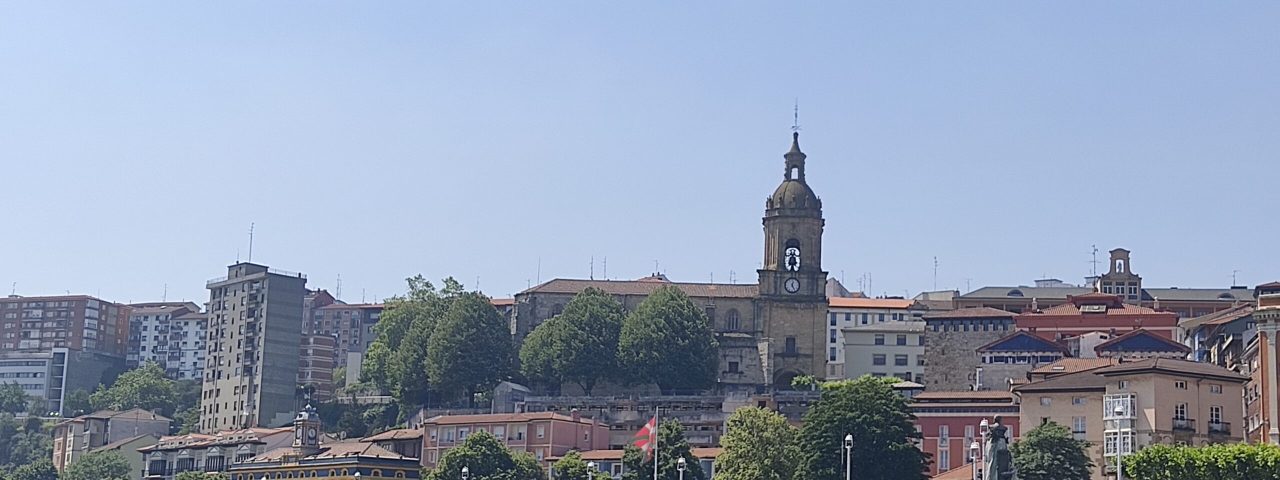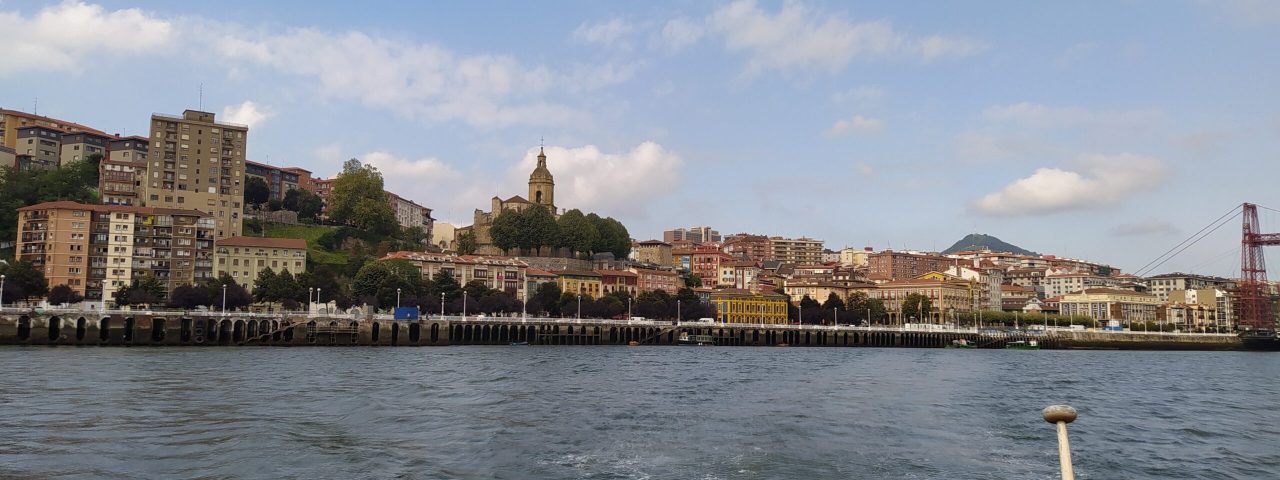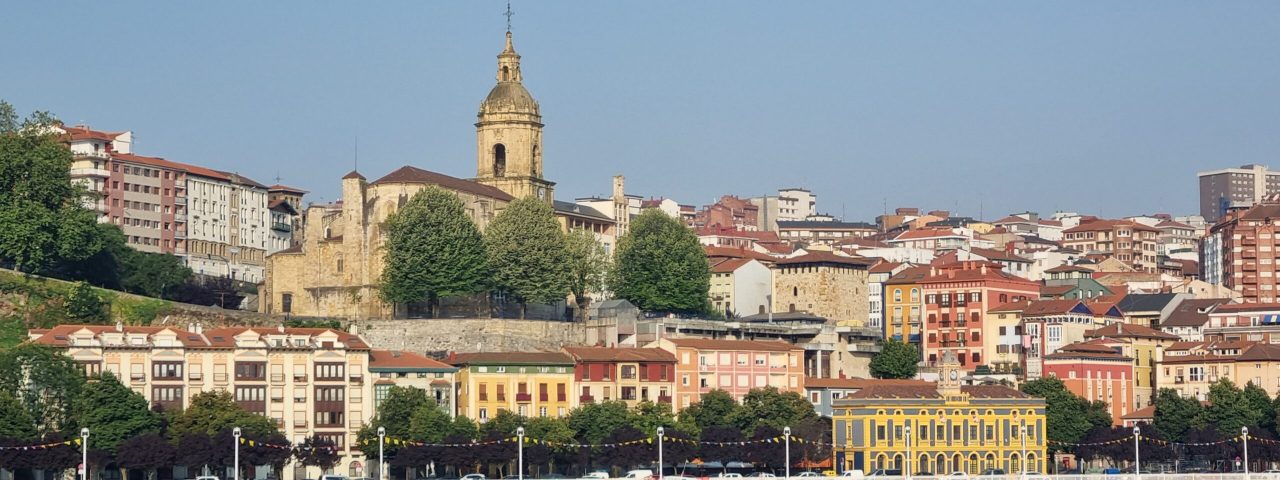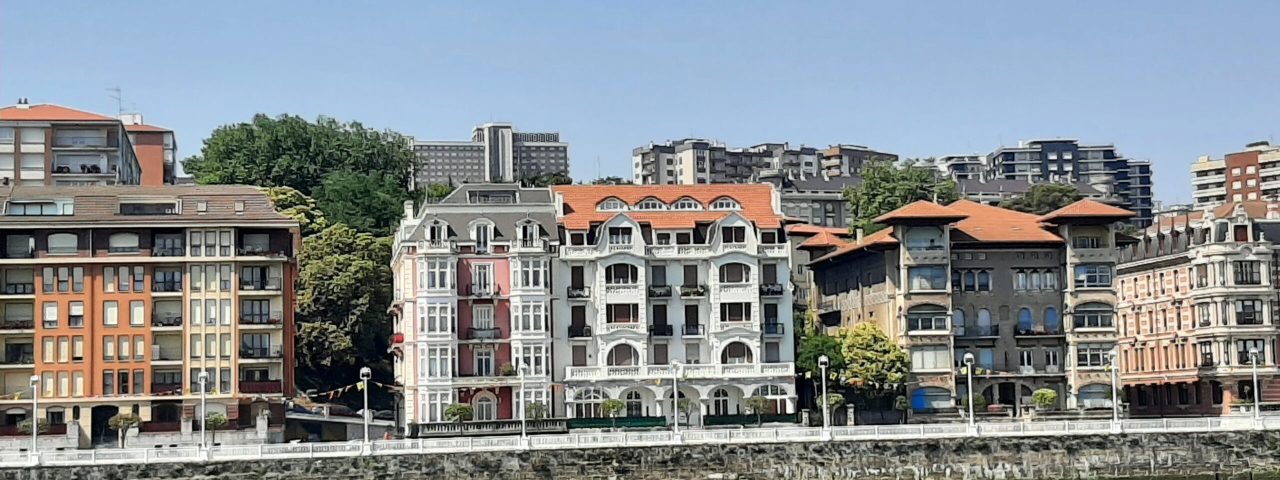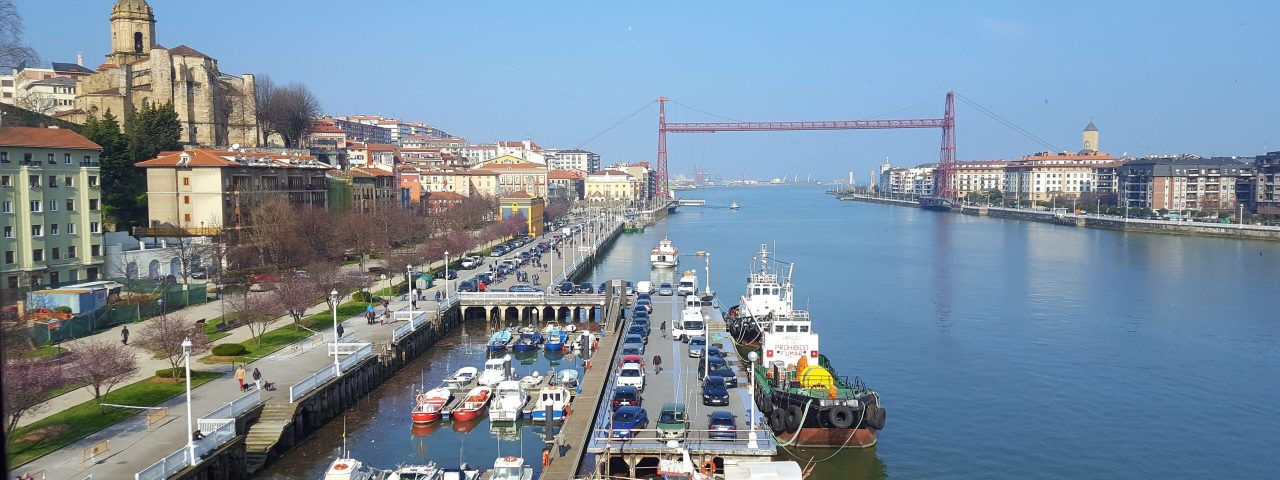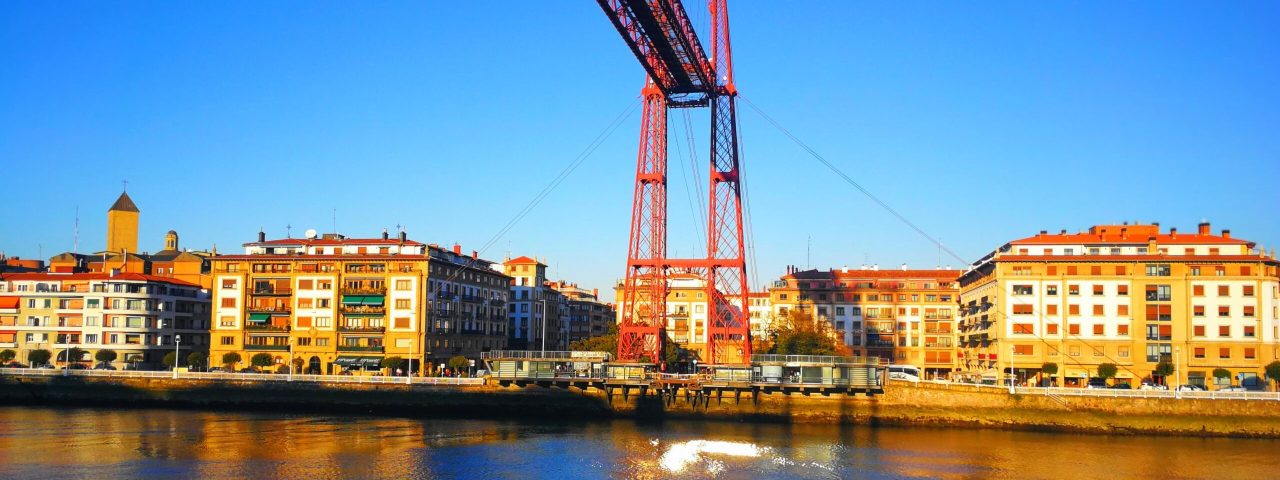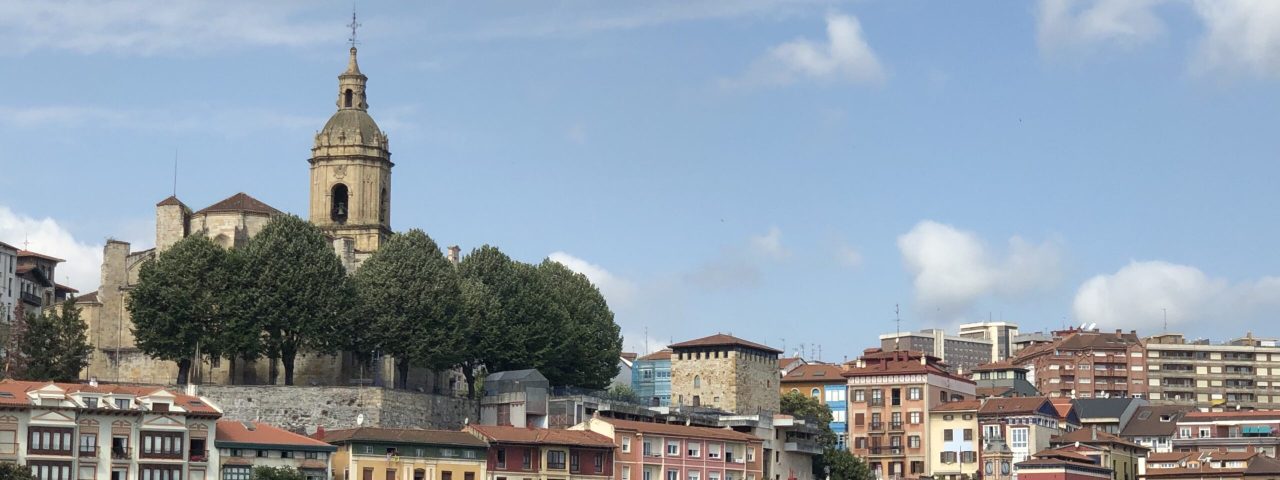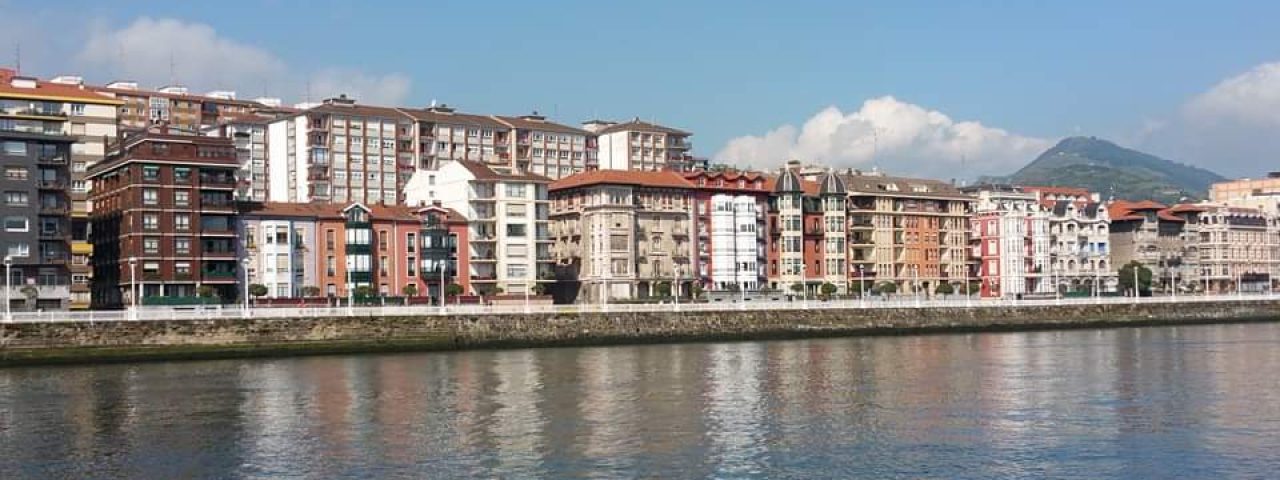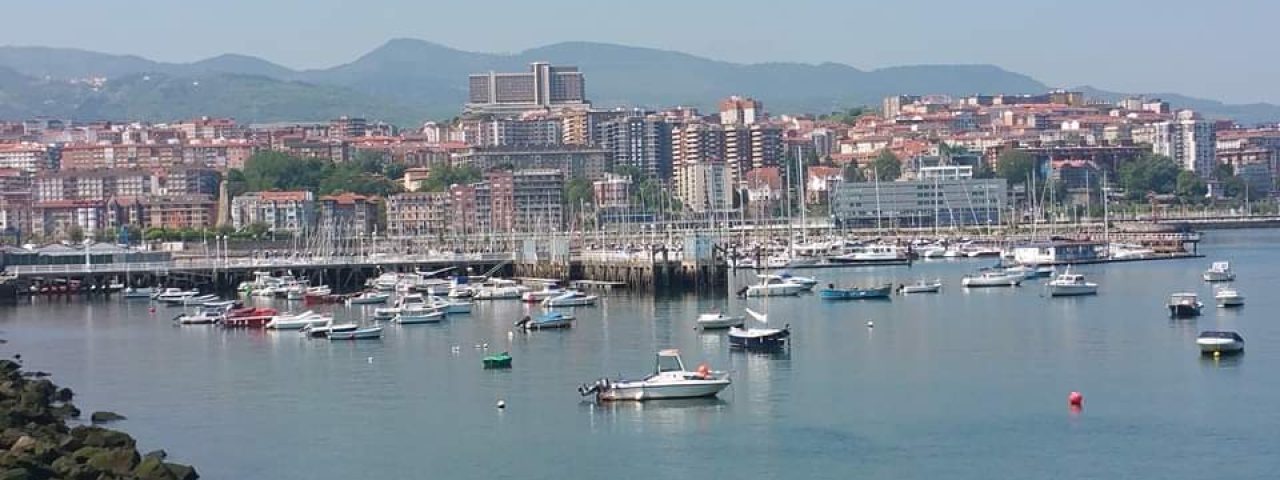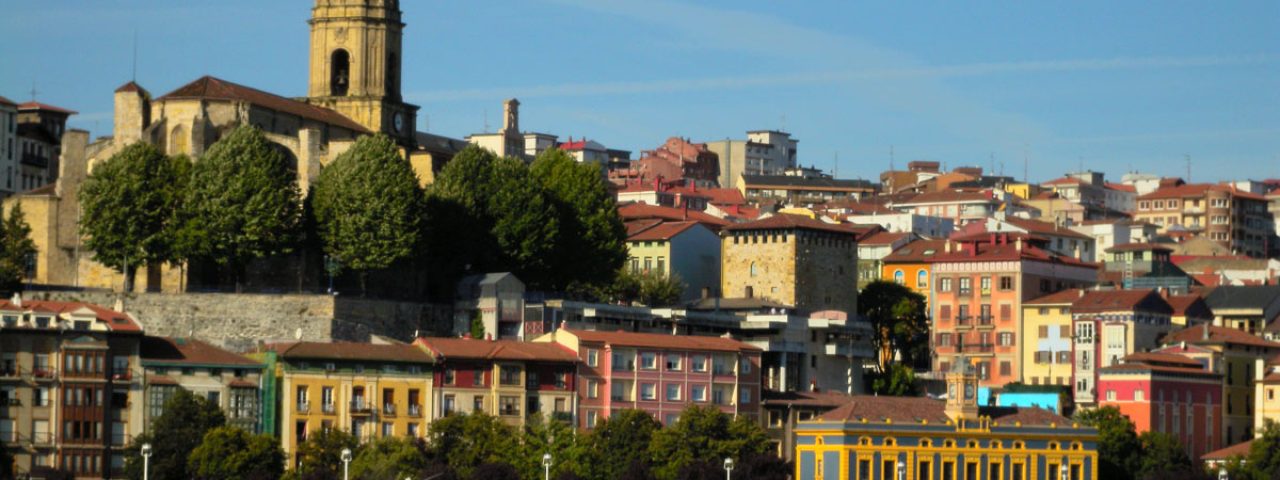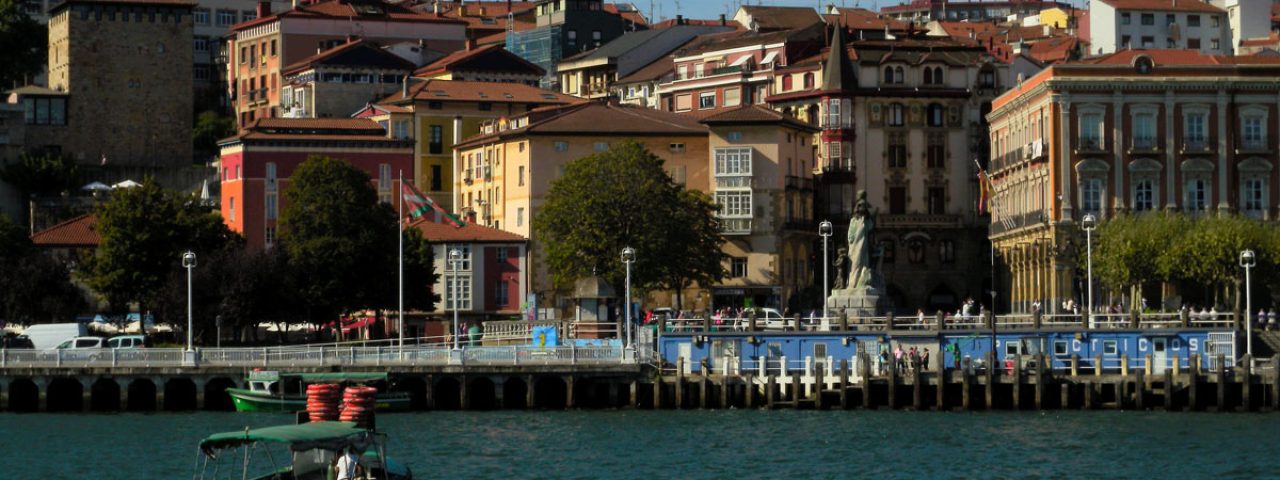Portugalete has a rich history that dates back to its founding in 1322 by María Díaz de Haro, the Lady of Biscay. Its strategic location along the Nervión River made it an important port city throughout the Middle Ages, facilitating trade and commerce between the interior of Spain and the Atlantic. Over the centuries, Portugalete has been influenced by various cultures, from the Romans to the Moors, and later Christian rule, which shaped its architectural and cultural heritage.
Culturally, Portugalete is a vibrant city that proudly celebrates its Basque roots. One of the most important cultural events is the Fiestas de San Roque, celebrated every August, where locals and visitors come together to enjoy traditional Basque music, dance, and sports. The festival includes parades, folk dances, and various sporting competitions, such as the traditional Basque pelota. The community spirit during this time is palpable, as residents wear traditional clothing and take part in long-standing customs.
Additionally, the Vizcaya Bridge, a UNESCO World Heritage Site, stands as a symbol of Portugalete’s rich history and innovative spirit. The bridge connects Portugalete with Getxo and is an enduring testament to 19th-century industrial development. As the world’s oldest transporter bridge, it remains fully functional and is a major draw for both history enthusiasts and tourists alike.
